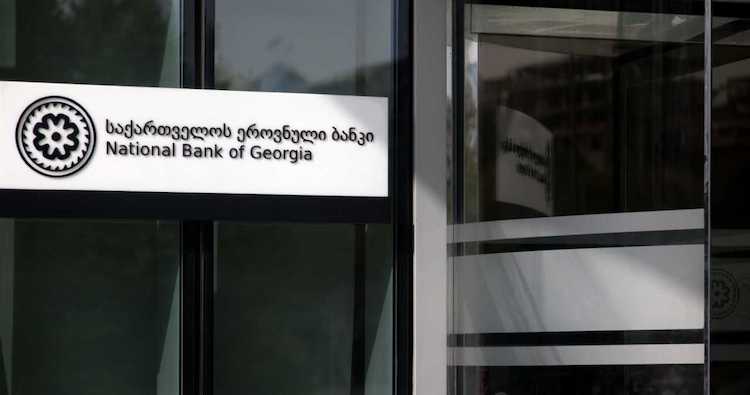“Low” inflation due to int’l food price decrease, strict monetary policy - National Bank

The National Bank of Georgia on Monday said gradual decreases in international food prices and maintenance of its strict monetary policy had led to a “low” domestic inflation rate. Photo: Nino Alavidze/Agenda.ge
The National Bank of Georgia on Monday said gradual decreases in international food prices and maintenance of its strict monetary policy had led to a “low” domestic inflation rate.
Statistics showed the annual inflation amounted to 0.8 percent in October, while monthly inflation posted a 0.6 percent increase.
The central bank said the “strong position” of the national currency also contributed to the low rate and said the average exchange rate against the US dollar depreciated by 0.9 percent month-on-month in September. At the same time, the currency strengthened by 1.1 percent against the Euro.
At the end of the month, the official exchange rate of the lari against the US dollar and the Euro was 2.6783 and 2.8422 respectively.
Nominal and real effective exchange rates of lari continue to strengthen annually. Annually, in September, the real effective exchange rate of the lari strengthened by 10 percent, and the nominal effective exchange rate by 23.6 percent [...] The strengthening of the effective exchange rate has a negative impact on the country's competitiveness, although it reduces imported inflation”, said the NBG.
The biggest impact on the overall price level was made by fuel price increases in October, the Bank said.
Petrol and diesel prices rose by 9.8 percent and 9.3 percent, respectively, and their total contribution to the monthly inflation rate was 0.5 percentage points”, it said.
Year-on-year decrease in prices of food and non-alcoholic beverages (-1.2 percent) and medicines also contributed to reduction of inflation, the NBG added.
The National Bank noted the low inflation was also caused by deflation of imported and mixed goods, which, along with the “relative stability” of commodity products and transportation prices on international markets, was facilitated by the “solid” position of the “real effective” exchange rate.
 Tweet
Tweet  Share
Share